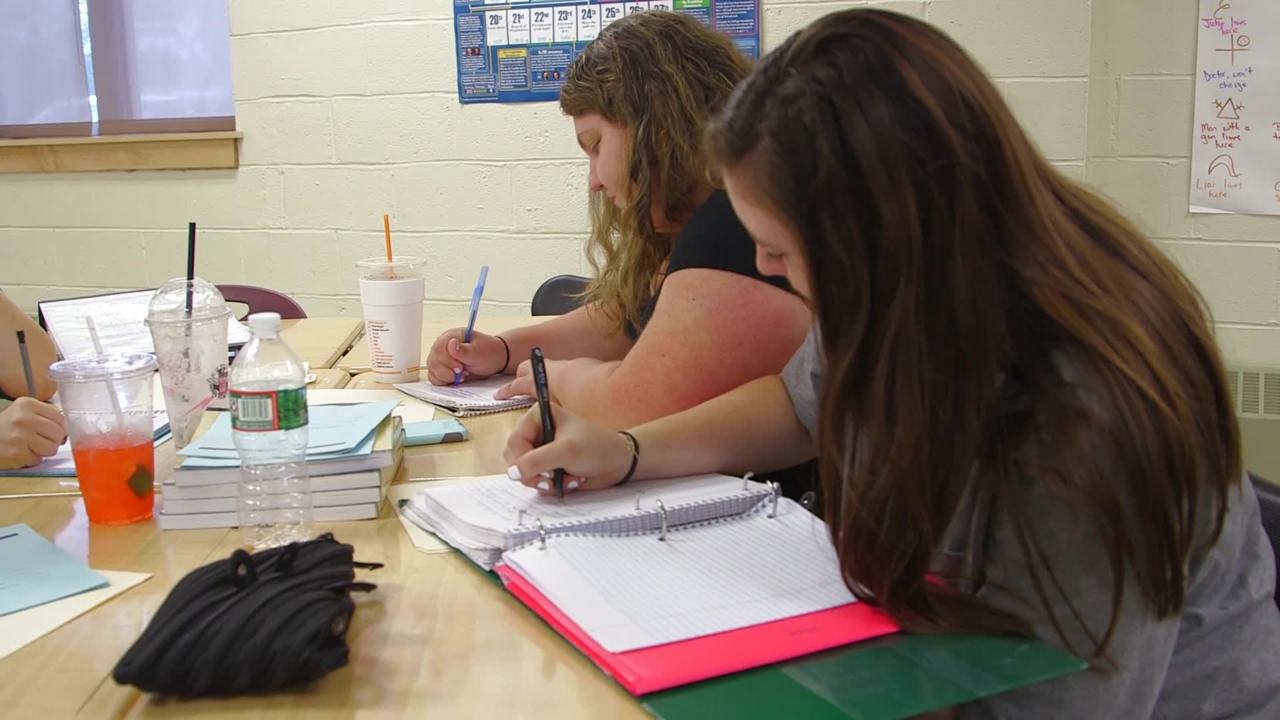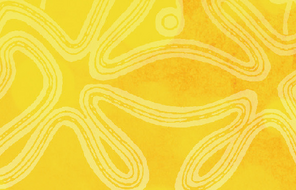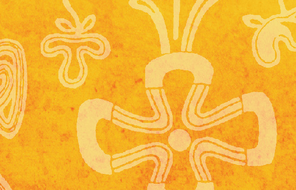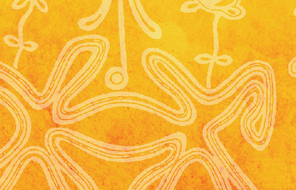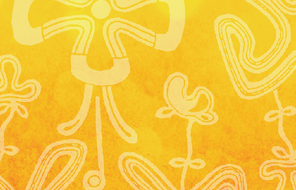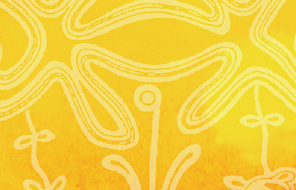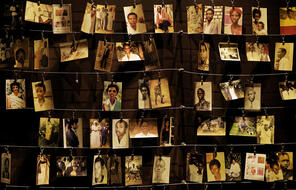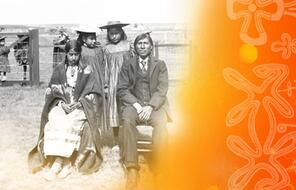This lesson falls in the middle of our Armenian Genocide unit. This is the fourth of six lessons. We started Armenia a couple of weeks ago with a lesson on identity and name. And then we looked at we and they or us and them. Last week, we were doing a lesson titled Analyzing Historical Evidence, where we looked at various sources. This lesson today is called A Range of Choices, where we learn some of the major vocab-- perpetrator, collaborator, bystander, upstander, victim, and dilemma. And then we're going to read some stories that demonstrate the choices that people made. I spend so much time on the vocabulary because I'm not giving them the vocab. It's not just here's a word, here's a definition, copy it, let's move on. I want to make sure that they fully understand what a perpetrator is, what a collaborator is, what a bystander is. What is a perpetrator? A perpetrator is someone who is involved in the actions, if not the "leader" of the action. OK. Have we heard this word before? Yes. Perpetrator, or "perp" for short? Where have we heard that? Criminal Minds. Criminal Minds. And when they're referring to the perp in Criminal Minds or Law and Order, any one of the 12 Law and Orders, what are they referring to? Like, the person-- The bad guy. --who committed it. The bad guy, the person who committed it. So that's what a perpetrator is. It's someone who performs or is responsible for something. For the Armenian Genocide, who were the perpetrators? Young Turks. The Young Turks. The Young Turks. Do perpetrators act alone? Not all the time. It depends on the situation. They often have help, a collaborator. What's a collaborator? In this case, someone who helps the perpetrator. Again, is it always negative? No. No. No. You can collaborate on a project. What does that mean? You work together. You work together. To collaborate or to be a collaborator, it means to work with someone, to cooperate. So who were some of the collaborators during the Armenian Genocide? Do we remember what we talked about last week? Germany. Germany. Germany. Germany. Germany. The Germans were collaborators. Why? They knew about it, and they didn't do anything. They kept sending them military and joint military and stuff. They knew about what was happening. They didn't do anything. They kept sending help and assistance. Why was Germany so willing to go along with the Ottoman Empire? What was going on at the time? World War I. World War I and-- They were allies. They were allies together. They were on the same side. I think really understanding or coming to an agreement between perpetrator and collaborator might be hardest for students. Past students have had trouble determining what would be considered a perpetrator, what would be considered a collaborator. So we've got people who are responsible, people who help out. What else could we have next? People who sit back and watch. People who sit back and watch, that would be a bystander. This one should be a simple definition. It is someone who stands by, someone present but not involved, an onlooker. Who were some bystanders in the Armenian Genocide? The rest of the Ottoman Empire. Germany. The rest of the Ottoman Empire who wasn't responsible. Were Germany bystanders? Yeah, because they knew exactly what was happening, and they didn't do anything about it. But what did they do? Caeley? They kept sending money. They were helping them out. And the citizens kept standing up to the government and saying that they didn't want them to do it. Yeah. Wait. Now, wouldn't you say that Germany had a little bit bigger fish to fry at the time? How so? They were in the middle of World War I. OK. So was the Ottoman Empire. Yeah, true. I'll give you that. Who else knew about the Armenian Genocide, if we remember our readings from Friday? Russia. Who else? America. What did they do? Nothing. They were all just bystanders. All bystanders. We have victims. What's a victim? Someone who is on the opposite-- the receiving end of the perpetrator. Oh, someone on the receiving end of the perpetrator. Caeley, repeat that. Something like-- whatever is happening to someone, the person that something's happening to. The person that something is happening to. The person who suffers from a destructive or injurious action. I like that, the person on the opposite end of the perpetrator. So who are the victims in the case of the Armenian Genocide? The Armenian people. The Armenian people. Then we have upstander. What's an upstander? Someone who actually stands up and does something. So kind of the opposite of bystander here. With a bystander, you have someone who stands by. And upstander, you have someone who stands up and does something, the individual who sees wrong and acts on it to make a difference, someone who takes a stand. So an upstander is someone who sees wrong and acts, someone who takes a stand and gets involved. And then we have a dilemma. What's a dilemma? A problem. A problem. Like a math problem? A social problem or a situational problem. I mean, a math problem can be a dilemma. [LAUGHTER] Math in general is a dilemma. Math in general is a problem. A social problem. What else were you saying? A real-world problem. A real-world problem. So a dilemma, a situation that requires a choice between options, they could be equally favorable or unfavorable. These are vocab words that are being introduced now but will repeat themselves throughout the rest of the year. They'll come up again when we talk about the Holocaust, or the Holodomor, or the Chinese famine, or the Cambodian or the Rwandan genocides as well. We're going to be looking at the roles that people play. After this, we're going to talk about justice after the genocide and then the silence and denial of the genocide that still exists today.
